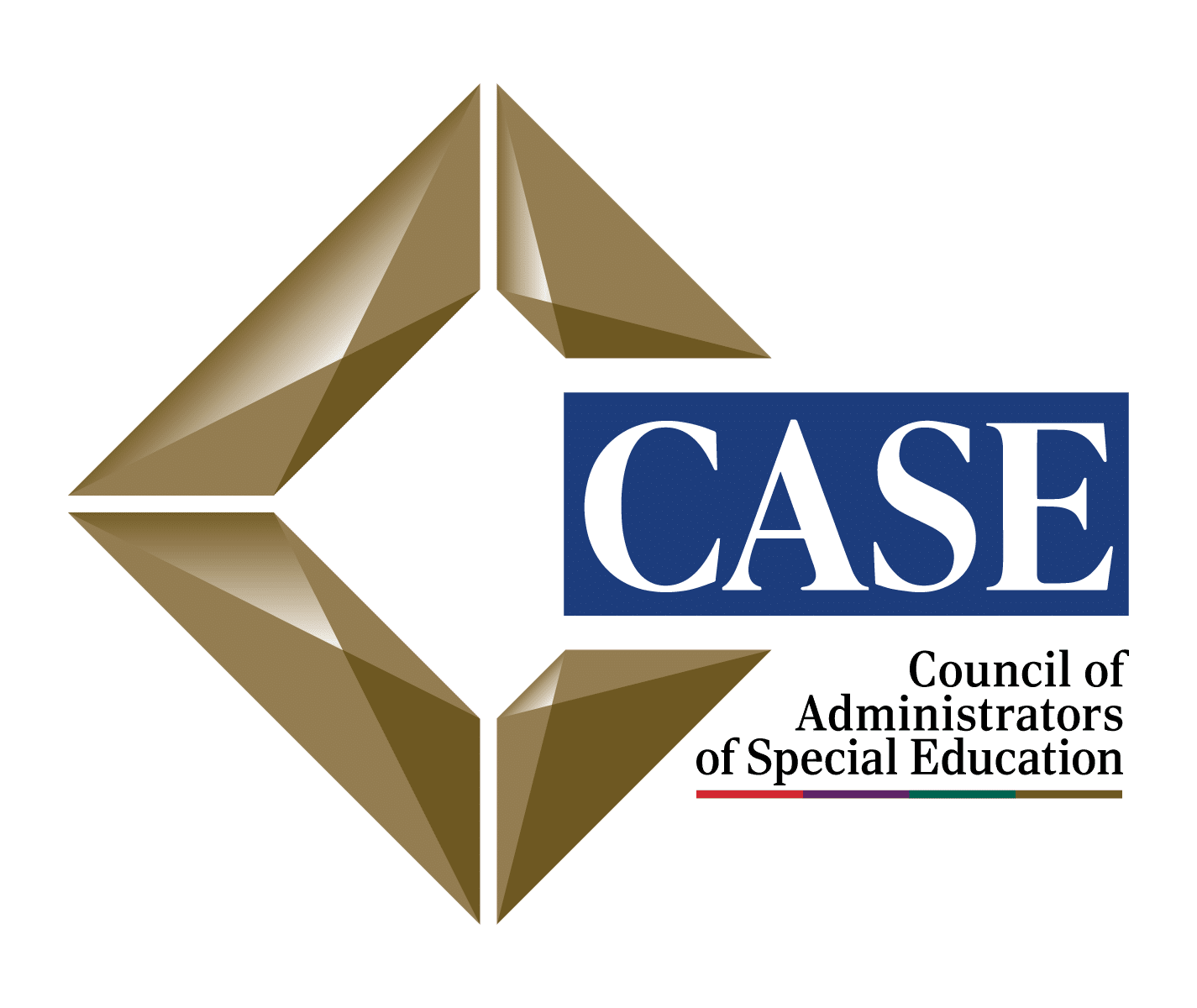During the Special Education Legislative Summit in Washington DC, national education leaders convened with delegates from forty five states to discuss special education’s most critical issues and prepare these delegates to address these issues with their Congressional representatives. One of the key briefs addressed was Educator Shortages in Special Education.
One of the biggest problems within special education is that there just aren’t enough educators to meet the needs of the students. This is a persistent and pervasive problem that just seems to grow with each passing year . . . with little change. Both the CEC and CASE are committed to solving the shortage issue and brought in some of the biggest names in special education to address this issue and provide policy solutions. Some of the featured speakers included former OSERS Director Laurie Vanderploeg, NASP President Celeste Malone and George Washington University Professor Jacqueline Rodriguez.
Pictured: Jacqueline Rodriguez, Laurie Vanderploeg and Kait Brennan
5 KEY EDUCATOR SHORTAGE FACTS
- 48 states and the District of Columbia reported a shortage of special education teachers in the 2020-21 school year – with this position being the most severe shortage for most states. 98% of all districts report shortages in special education.
- Special education teachers leave the teaching profession at nearly twice the rate of their general education counterparts.
- Just 18% of special education teachers and 10% of special education professors are people of color, while more than half of students with disabilities are from minority backgrounds.
- 42 states report a shortage of early intervention providers, including special educators and related service providers.
- Enrollment in teacher preparation programs has dropped 38% over the last five years, foreshadowing an insufficient pipeline of special education teachers.
Source: Frontline Education, 2021
EDUCATOR SHORTAGE ISSUE BRIEF OVERVIEW
The K-12 public school system in the US is facing critical shortages of special educators, early interventionists, and specialized instructional support personnel. More than ever, it is imperative that the federal government supports the development of a workforce pipeline to attract diverse and qualified personnel, the effective preparation of these individuals to ensure positive outcomes and success, and the retention of these personnel over the long run.
With higher attrition rates, accelerated retirements, and a decreasing number of qualified graduates, the shortages seem to be worsening and the long-term forecasts look very grim. As such, it is imperative that there is a multi-pronged solution which attracts, prepares and retains more special educators. Among other things, we must support comprehensive strategies, funding options, professional learning opportunities, and needed resources.
ISSUE BRIEF MAIN POINTS
- Shortage of Fully Prepared Educators Persist, Impacting Equity. Every student deserves an equitable opportunity to achieve. With the shortages, it is increasingly difficult for students with disabilities to reach their full developmental and academic potential.
- Decline in Special Education Higher Education Faculty and State-Approved Programs. In 2020-21, there was a 13% decline in full-time faculty in full-time special education faculty. Without the requisite faculty and program support in higher education, the output of qualified graduates will continue to diminish.
- Loan Burden and Salary Deficit. The pay in special education lags far behind other occupations. Moreover, ⅔ of all special education graduates carry a significant debt burden relative to the low pay, and must also cover costs for certification exams and state licensure. Consequently, more and more potential special educators are pursuing other alternatives.
- Recruitment, Preparation and Retention. The recruitment, preparation and retention of special educators, early interventionists, and SISP requires more development and support – to not only reduce attrition, but also to ensure higher quality instruction and better student outcomes.
THE 2022 SELS DELEGATES ASKED CONGRESS TO
- Invest $300 Million IDEA Part D personnel preparation (Sec. 662), the federal program dedicated to improving the special educator pipeline by comprehensively preparing instructional support personnel, special educators, early interventionists, and the higher education faculty and researchers that support their preparation.
- Invest $300 million to the Augustus F Hawkins Center for Excellence Program, the federal grant program dedicated to diversifying the educator workforce.
- Invest $1 billion for Teacher Quality Partnerships, the federal grant program dedicated to improving the quality of educators by funding comprehensive educator preparation programs at institutions of higher education that pair intensive student teaching under the supervision of an expert mentor teacher with coursework in children’s learning and development, as well as curriculum and teaching methods.
Pictured: Utah SELS Delegation along with eLuma Team Members
CONCLUSION
Here at eLuma, we are doing all that we can to help with special education personnel shortages. We are proud that we could participate in the grassroots advocacy and will continue to look for ways to make sure that every student has the access to the support they need. We invite you to do the same!





